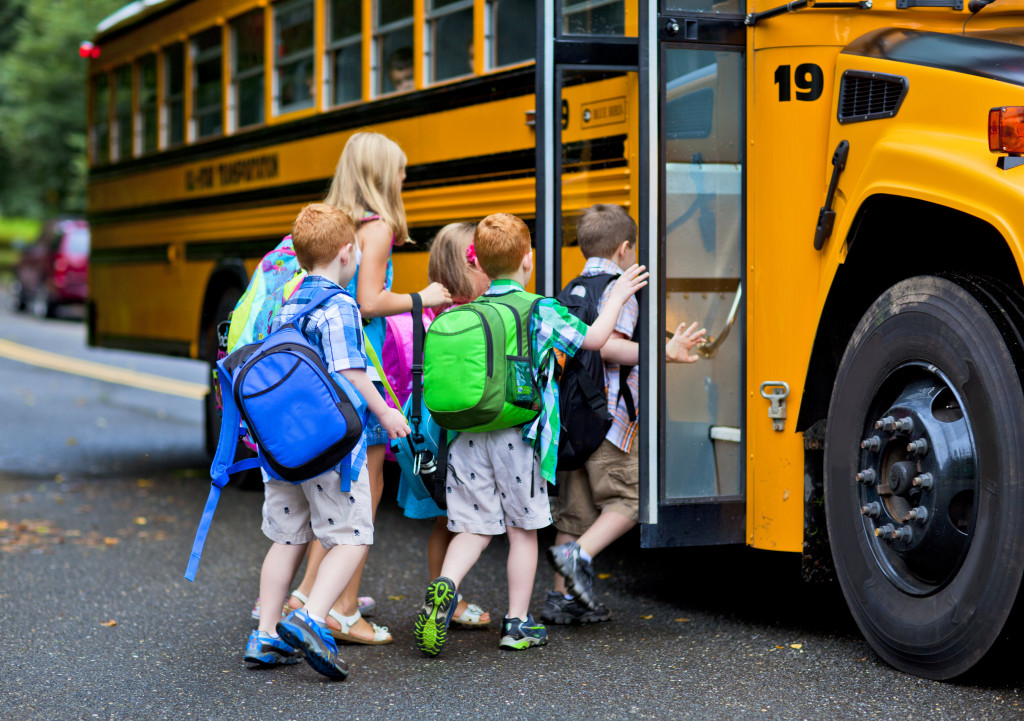- Incorporate interactive learning materials and technology-based activities to make education more enjoyable.
- Make learning relevant by involving children in practical activities and trips.
- Create a rewarding environment with praise and incentives to motivate children.
- Incorporate fun games to develop cognitive skills and teach problem-solving.
- Create a positive learning environment to foster learning and improve academic performance.
In the UK, there are now a total of 10,028,578 pupils attending state-funded nursery, primary, secondary, and special schools. This represents a rise of 78,700 pupils from the previous academic year.
Education is a crucial part of your child’s growth and development. But, as a parent or teacher, you might have faced several challenges keeping children engaged and interested in their studies.
However, making education a fun experience can be an effective way to motivate children to learn. The process involves incorporating fun activities and games into the learning experience to make it more engaging and rewarding for children. This blog will discuss various ways to make education fun for children.

Use Interactive Learning Materials
Interactive learning materials help children understand concepts better and make learning more fun. For example, digital learning games, eBooks, and videos are engaging and interactive resources that allow children to learn at their own pace.
Tech-Based Learning
Additionally, using these materials for home-based learning or during classroom sessions can make the process much more enjoyable for children. Technology-based learning materials can be tailored to specific individual needs, making it easier for the child to stay engaged and motivated.
Make Learning Relevant
Children are always curious and eager to learn new things if it is relevant to their daily lives. As parents or teachers, you can make education more fun by incorporating relevant information and activities into the curriculum.
Practical Lessons
For instance, if you teach your child about healthy eating, you can involve them in meal planning and cooking activities that help them understand the importance of eating healthy. Incorporating trips to a local farm or grocery store can also help children learn about where food comes from, how it grows, and how to select healthy foods.
Better Participation
By making learning relevant and engaging, children will be more motivated to participate in their lessons and absorb the information you teach them. Involve them in hands-on activities, games, and discussions to keep their attention and help them retain the knowledge they are learning.
Create A Rewarding Environment
Creating a rewarding environment can motivate and encourage children to learn. Celebrating a child’s accomplishments is essential, no matter how small they may be. Praising and rewarding children for their achievements can make them feel appreciated and boost their confidence.
Incentive System
Additionally, a small incentive system can encourage children to put in the effort and complete their tasks. Simple rewards, like stickers, small toys, or extra playtime, can help motivate and encourage children to stay focused on learning.
Consistency
By setting up a reward system and consistently celebrating accomplishments, children will be more likely to enjoy the process of learning and be open to trying new things. As they continue to learn and grow, parents should remain consistent in their efforts and show appreciation for all their accomplishments, big or small.
Make Learning Fun with Games
Incorporating fun games can enhance your child’s learning experience. Games like puzzles, board games, and memory games are excellent tools to make education fun and interactive. Such games help develop cognitive skills, encourage problem-solving, and improve memory retention.
Different Skills
Your child can learn a variety of skills from one game. For example, playing chess can teach them to think strategically and plan. You can also bring the children to a child-friendly bounce indoor trampoline park. Bouncing on a trampoline improves flexibility and self-esteem among children. It also helps develop their motor skills and makes them aware of their center of gravity.
It also teaches them about persistence since they need to continue practicing to improve their bouncing skills.
Educational Element
Adding an educational element can also turn everyday activities into learning opportunities. For instance, cooking with your child is a great way to practice math and science while they gain valuable life skills.

Create A Positive Learning Environment
A positive learning environment can significantly impact a child’s educational journey. As a parent or teacher, creating a welcoming and safe environment where children feel valued is essential. Encouraging positive interactions, active listening, and providing positive feedback can make a child feel supported and valued.
Academic Performance
Creating an environment that fosters learning can also greatly improve a child’s academic performance. A positive learning environment is one where rules and expectations are communicated and enforced fairly. Children should always feel safe voicing their opinions and discussing ideas without fear of judgment or ridicule.
Making education fun for children to foster a love for learning and continue to grow their knowledge is essential. Following the tips in the article can enhance a child’s learning experience, make it more enjoyable, and help them develop new insights and skills. Remember, education doesn’t have to be boring – it can be a pleasant experience that fuels your child’s curiosity, creativity, and love for learning.

